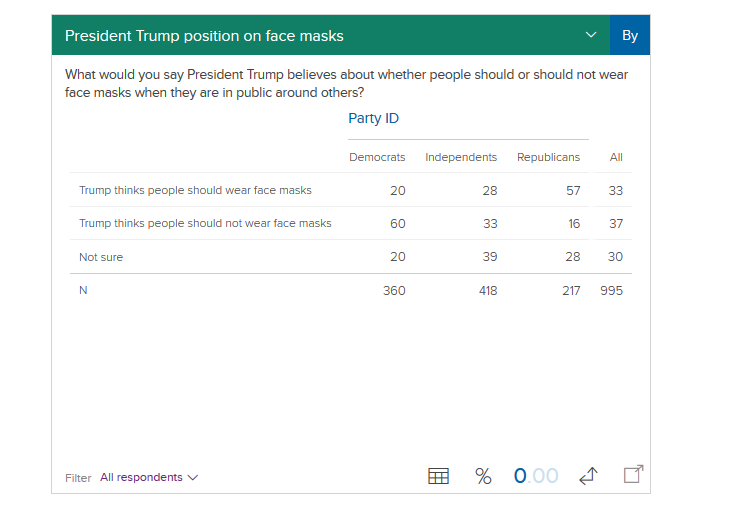
Also want to briefly highlight a poll finding I wasn't able to write up, but that I think might be useful for discussion!
There's been a lot of debate over public health messaging on the benefits of the vaccine, which raises the question: what do people think that message is?
There's been a lot of debate over public health messaging on the benefits of the vaccine, which raises the question: what do people think that message is?
We asked people what level of risk they thought they/others would face once vaccinated -- as you can see, clear education/partisan divides. Field dates are Feb. 19-23:
s.crunch.io/widget/index.h…
s.crunch.io/widget/index.h…
s.crunch.io/widget/index.h…
s.crunch.io/widget/index.h…
57% of people thought scientists were saying being vaccinated put them at lower (52%) or no (5%) risk of coronavirus. 11% said no decline in risk, rest were unsure or said science not yet settled.
49% thought scientists were saying being vaccinated put them at lower (43%) or no (6%) risk of transmitting to *others*. 15% said no decline in risk, rest were unsure or said science not yet settled.
Anyway, this struck me as one of the subjects where we've spent a lot of time talking about what "the people" think without actually asking people what they think, which are, of course, among my favorite survey topics.
• • •
Missing some Tweet in this thread? You can try to
force a refresh





